CLC
55 - 72 of 84 articles

A Report from the Texas Capitol
Jul 13, 2017
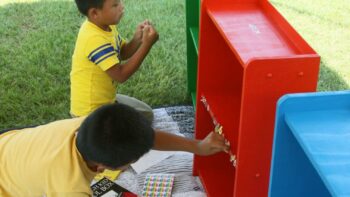
Texas Baptist church lives out Isaiah 58
Jul 12, 2017
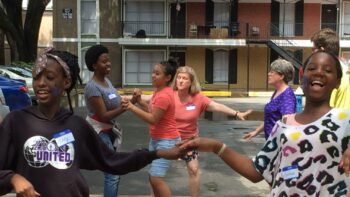
Welcome Neighbor: Hunger Offering Meets Needs, Fosters Community Among Refugees
Jul 6, 2017
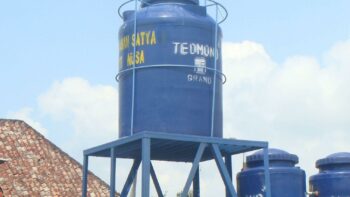
Living water brings hope in Southeast Asia
Jun 6, 2017
Bills Are Moving; Help Them Across the Finish Line
May 12, 2017
Strength and Dignity -- A Mother’s Day Prayer
May 11, 2017

Satisfying hunger: A Texas Baptist Hunger Offering story
May 2, 2017
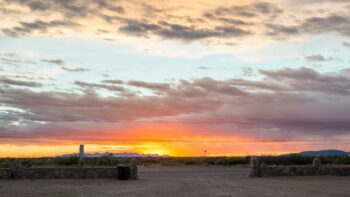
Meeting needs on the border: A Texas Baptist Hunger Offering story
Apr 25, 2017
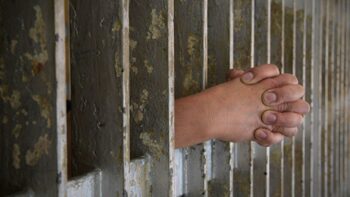
Finding freedom in prison
Apr 20, 2017
Pro-life legislation supported by leading pro-life coalition
Apr 17, 2017
Last Week Today: A Capitol Update
Apr 13, 2017

Sustainability projects lift Indigenous people out of poverty
Mar 16, 2017
Capitol Update
Mar 9, 2017
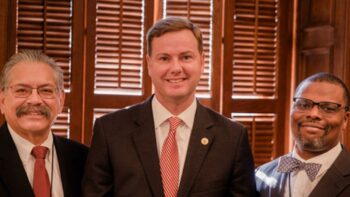
Christian Life Commission recognizes State Rep. Ashby with Micah 6:8 Justice Award
Mar 3, 2017

Last Week Today: A Dispatch from the Capitol
Feb 24, 2017
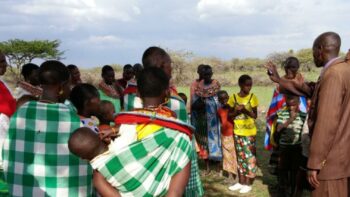
Texas Baptists joins with FBC Waxahachie to send $10,000 in relief to drought-stricken Kenya
Feb 22, 2017
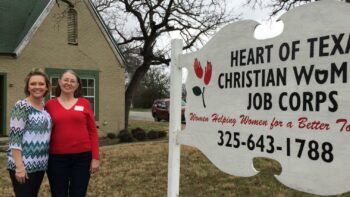
Becoming Family: Professional development for women transforms lives, fosters relationships
Feb 16, 2017
Johnson Amendment protects interests of both church and government
Feb 2, 2017